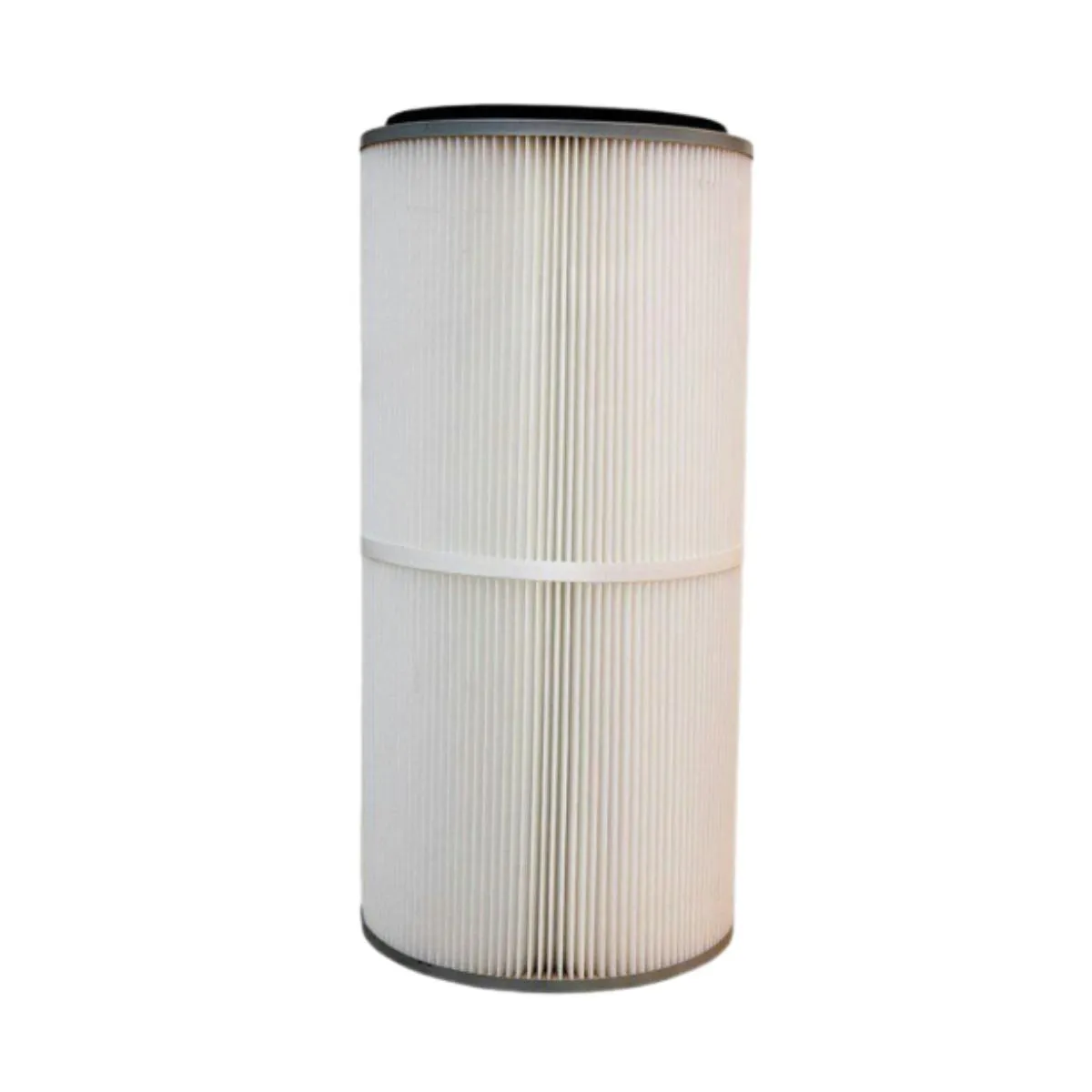 Tel:
+8615930870079
Tel:
+8615930870079
ก.ย. . 16, 2024 01:22 Back to list
hepa cartridge filter
Understanding HEPA Cartridge Filters A Deep Dive
HEPA (High-Efficiency Particulate Air) filters have become a staple in air purification systems, known for their ability to trap a vast array of airborne particles. Among the various forms these filters take, the HEPA cartridge filter stands out due to its compact design and versatility, making it widely used in both residential and industrial applications. In this article, we will explore the importance, functionality, and advantages of HEPA cartridge filters.
What is a HEPA Cartridge Filter?
HEPA cartridge filters are engineered filters designed to remove particles as small as 0.3 microns with an efficiency of 99.97%. These filters are commonly made from a mat of randomly arranged fibers, usually composed of glass fibers that produce a dense structure. The cartridge design allows these filters to be easily replaced, providing a seamless approach to maintaining clean air in environments where air quality is critical.
Why Are HEPA Cartridge Filters Important?
The significance of HEPA cartridge filters cannot be overstated, particularly in settings such as hospitals, laboratories, residential homes, and even in automotive applications. In healthcare facilities, these filters play a crucial role in preventing the spread of airborne pathogens, thereby safeguarding patients and staff. The same holds true in labs where hazardous particles need to be managed effectively.
In residential settings, HEPA filters improve indoor air quality by capturing pollen, pet dander, dust mites, and other allergens that can trigger respiratory issues. Consequently, they are especially beneficial for individuals suffering from asthma or allergies, as the filters reduce the concentration of these irritants.
hepa cartridge filter

How Do HEPA Cartridge Filters Work?
HEPA cartridge filters work through a combination of mechanisms interception, inertial impaction, and diffusion. In interception, particles that come within the vicinity of the filter fibers adhere to them. Inertial impaction occurs when larger particles cannot follow the airstream due to their mass and collide with the fibers. Lastly, diffusion affects smaller particles, causing them to change direction randomly, increasing the likelihood of them being trapped by the filter.
Advantages of HEPA Cartridge Filters
One of the primary advantages of HEPA cartridge filters is their ability to provide high efficiency in capturing fine particles without significantly impeding airflow. This is particularly advantageous in systems where maintaining air pressure is crucial. Furthermore, the replaceable nature of cartridge filters simplifies maintenance; users can easily swap out old filters for new ones to ensure optimal performance.
Additionally, HEPA cartridge filters are often designed to fit a variety of equipment, making them adaptable for different applications. Whether in air purifiers, vacuum cleaners, or HVAC systems, the versatility of HEPA filters ensures that clean air is accessible in multiple contexts.
Conclusion
In summary, HEPA cartridge filters are essential components of effective air filtration systems. By efficiently capturing harmful particles and improving indoor air quality, they serve both practical and health-enhancing functions. As air quality continues to be a pressing concern, understanding and utilizing HEPA cartridge filters will be crucial for safeguarding health in various environments. Investing in quality HEPA filters is not just about cleaner air; it’s an investment in overall well-being.
-
Nano Fiber Technology: Revolutionizing Cartridge Dust Collector FiltersNewsAug.06,2025
-
How Activated Carbon Air Cartridges Eliminate OdorsNewsAug.06,2025
-
Dust Filter Cartridge Handling Fine Particulate MatterNewsAug.06,2025
-
Cartridge Dust Collector Filter for Welding Fume ExtractionNewsAug.06,2025
-
Activated Carbon Filter Cartridge Effectiveness Against VOCsNewsAug.06,2025
-
Activated Carbon Air Filter Cartridge Benefits ExplainedNewsAug.06,2025

 Email:
Email:





